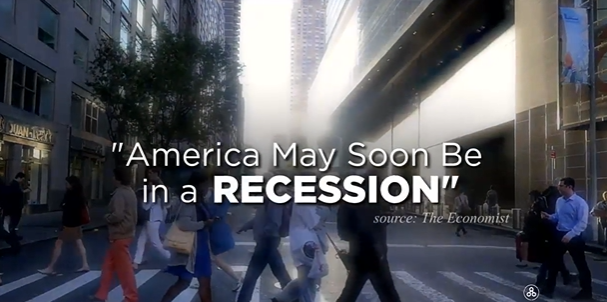The recent Trump campaign ad has caused quite a stir in the political realm, with many critics pointing out that it seems to be stuck in an economic time warp. The ad, which portrays Trump as the savior of the economy, has been scrutinized for its outdated messages and its lack of relevance to the current economic landscape.
One of the most glaring issues with the ad is its heavy reliance on past economic statistics to showcase Trump’s purported success in revitalizing the economy. While it is true that the economy saw significant growth during Trump’s tenure, the ad conveniently glosses over the fact that much of this growth was a continuation of the trends set in motion during the Obama administration.
Moreover, the ad fails to address the economic challenges that have emerged since the onset of the COVID-19 pandemic. The pandemic has had a catastrophic impact on the economy, leading to record levels of unemployment and widespread financial distress. By ignoring these present-day realities, the ad paints an overly rosy picture of the economic situation under Trump’s leadership.
Another issue with the ad is its narrow focus on a select few industries, such as manufacturing and coal mining, as indicators of economic success. While these industries are undoubtedly important, they represent only a fraction of the modern economy. The ad overlooks the rapid growth of sectors such as technology and renewable energy, which have become major drivers of economic growth in recent years.
Furthermore, the ad’s nostalgia for a bygone era of industrial prosperity ignores the shifting dynamics of the global economy. In today’s interconnected world, economic success is increasingly dependent on factors such as innovation, education, and sustainability. By fixating on outdated notions of economic greatness, the ad fails to acknowledge the need for adaptation and evolution in the face of changing economic realities.
In conclusion, the Trump campaign ad’s portrayal of the economy is not only outdated but also limited in scope and relevance. To gain a more accurate understanding of the current economic landscape, we must look beyond simplistic narratives of past glory and embrace a more nuanced and forward-thinking approach to economic policy and development. Only by doing so can we effectively address the challenges and opportunities of the present and build a more sustainable and inclusive economy for the future.

